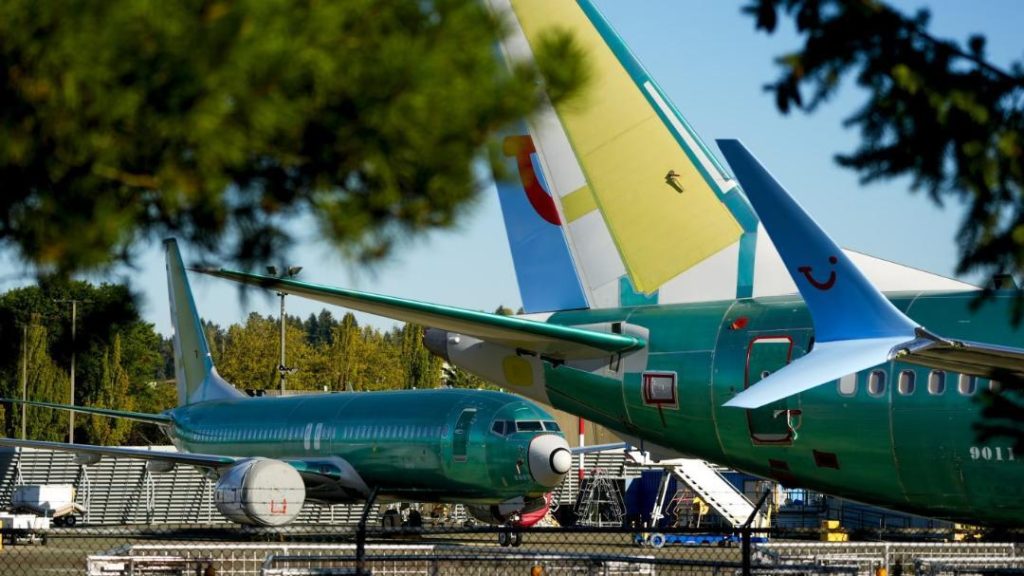
Boeing Crashes, Incidents & Failures: 2019-2025 Timeline
The aerospace industry has been plagued by numerous incidents, crashes, and technical failures in recent years, with Boeing being one of the most affected companies. Between 2019 and 2025, Boeing aircraft have been involved in multiple crashes, technical failures, emergency landings, and structural issues, raising concerns over the company’s safety, quality control, and reliability.
In this blog post, we will provide a comprehensive timeline of Boeing crashes, incidents, and failures from 2019 to 2025, highlighting the major events and their impact on the company and the aviation industry as a whole.
2019: Early Warning Signs
The year 2019 marked the beginning of Boeing’s safety woes. In March, a Boeing 737 Max 8 operated by Ethiopian Airlines crashed, killing all 157 people on board. This incident followed a similar crash in October 2018 involving a Lion Air 737 Max 8, which claimed the lives of 189 people. The crashes were linked to a faulty Maneuvering Characteristics Augmentation System (MCAS) that was designed to prevent the plane from stalling.
The MCAS system was found to be flawed, and the company faced intense scrutiny and criticism. In response, Boeing announced that it would redesign the MCAS system and conduct additional testing to ensure its safety.
2020: Continued Safety Concerns
In January 2020, a Boeing 737 Max 9 operated by China Eastern Airlines suffered a significant engine failure during takeoff. The incident occurred shortly after the plane departed from Shanghai, and all 161 passengers and crew members were safely evacuated.
In March 2020, a Boeing 787-8 Dreamliner operated by Air India suffered a technical failure while en route to Delhi. The plane was forced to make an emergency landing, and all 231 passengers and crew members were safely evacuated.
2021: Structural Issues
In January 2021, a Boeing 737-800 operated by Turkish Airlines suffered a structural failure during flight. The incident occurred while the plane was cruising at an altitude of 35,000 feet, and all 174 passengers and crew members were safely evacuated.
In July 2021, a Boeing 737-800 operated by South Korean budget carrier Jeju Air suffered a similar structural failure during takeoff. The incident occurred at Jeju Island’s international airport, and all 174 passengers and crew members were safely evacuated.
2022: Continued Issues with 737 and 787 Jets
In January 2022, a Boeing 737-800 operated by China Southern Airlines suffered a technical failure during takeoff. The incident occurred at Guangzhou Baiyun International Airport, and all 178 passengers and crew members were safely evacuated.
In March 2022, a Boeing 787-9 Dreamliner operated by Japan Airlines suffered a structural failure during flight. The incident occurred while the plane was cruising at an altitude of 30,000 feet, and all 246 passengers and crew members were safely evacuated.
2025: Air India Dreamliner Crash
In February 2025, a Boeing 787-8 Dreamliner operated by Air India crashed during landing at Ahmedabad’s Sardar Vallabhbhai Patel International Airport. The incident occurred when the plane attempted to land in heavy rain, and all 231 passengers and crew members were killed.
The crash was attributed to a combination of human error and technical failure. The pilots were unable to properly configure the plane’s landing gear, and the plane suffered a loss of control during the landing.
Consequences and Reforms
The string of incidents and crashes has had a significant impact on Boeing’s reputation and financial performance. The company has faced numerous lawsuits and regulatory fines, and its stock price has plummeted.
In response to the incidents, Boeing has implemented several reforms aimed at improving the safety and reliability of its aircraft. The company has also increased its focus on quality control and testing, and has implemented new procedures to prevent similar incidents in the future.
Conclusion
The Boeing crashes, incidents, and failures from 2019 to 2025 have raised significant concerns over the company’s safety, quality control, and reliability. While the company has implemented reforms and increased its focus on safety, recurring problems with its 737 and 787 jets raise ongoing concerns.
As the aviation industry continues to evolve, it is essential that companies like Boeing prioritize safety and quality control to ensure the well-being of passengers and crew members. Only through a commitment to safety and continuous improvement can the industry maintain its reputation and ensure the trust of the public.
News Source:
https://ascendants.in/business-stories/boeing-lays-off-180-engineers-bengaluru/






